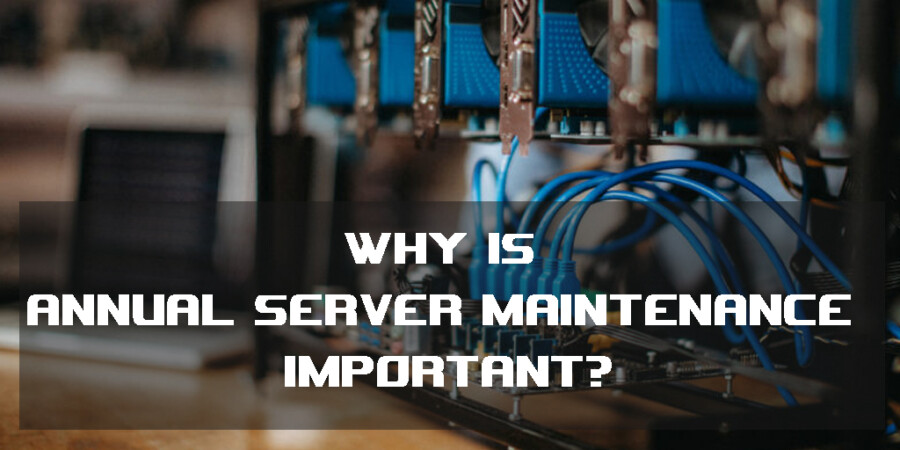
In the fast-paced world of technology, where servers form the backbone of business operations, the importance of regular server maintenance cannot be overstated. A well-maintained server not only ensures optimal performance but also plays a vital role in enhancing security, preventing downtime, and ultimately contributing to the overall success of an organization. In this blog post, we will delve into the significance of regular server maintenance and why businesses should prioritize this essential aspect of IT infrastructure management.
- Optimizing Performance for Seamless Operations:
Servers are the workhorses of any IT infrastructure, handling a myriad of tasks ranging from data storage to application processing. Over time, servers can accumulate unnecessary files, experience disk fragmentation, and encounter performance bottlenecks. Regular maintenance, including disk cleanup, defragmentation, and performance tuning, is critical to keep servers running smoothly. By optimizing performance, businesses can ensure that their applications respond promptly, leading to increased productivity and a positive user experience.
- Enhancing Security through Regular Updates:
In an era where cyber threats are increasingly sophisticated, maintaining the security of server infrastructure is paramount. Regular server maintenance includes applying security patches and updates to address vulnerabilities. Hackers often exploit weaknesses in outdated software, making timely updates a crucial line of defense. A well-maintained server, equipped with the latest security patches, provides a robust shield against potential cyber threats, safeguarding sensitive data and maintaining the trust of clients and customers.
- Preventing Downtime and Ensuring Business Continuity:
Downtime can be a costly affair for businesses, leading to financial losses, tarnished reputation, and frustrated customers. Regular server maintenance is a proactive measure to prevent unplanned downtime. By identifying and addressing potential issues before they escalate, businesses can ensure the continuous availability of their services. Whether it’s hardware failures, software glitches, or other performance-related issues, a well-maintained server is less prone to unexpected failures, contributing to overall business continuity.
- Extending Hardware Lifespan and Reducing Costs:
Servers represent a significant investment for businesses, and maximizing the lifespan of this critical infrastructure is a key consideration. Regular maintenance helps identify and address issues that can contribute to hardware degradation. By monitoring components, performing necessary upgrades, and ensuring optimal environmental conditions, businesses can extend the lifespan of their server hardware. This not only reduces the frequency of expensive hardware replacements but also contributes to long-term cost savings.
- Improving Energy Efficiency and Environmental Impact:
Energy efficiency is a growing concern for businesses aiming to reduce their carbon footprint. Regular server maintenance plays a role in optimizing energy efficiency by ensuring that hardware components operate at peak performance levels. This not only reduces electricity consumption but also aligns with corporate sustainability goals. By adopting green IT practices through regular maintenance, businesses can contribute to environmental conservation while simultaneously benefiting from lower energy costs.
- Compliance and Data Integrity:
In industries with stringent regulatory requirements, ensuring compliance is non-negotiable. Regular server maintenance helps businesses adhere to industry-specific regulations by implementing security measures, data encryption, and access controls. Moreover, maintaining data integrity through routine checks and backups is crucial for businesses dealing with sensitive information. Compliance with data protection regulations not only mitigates legal risks but also builds trust among clients and stakeholders.
Conclusion:
Regular server maintenance is the backbone of a reliable and efficient IT infrastructure. From optimizing performance and enhancing security to preventing downtime and reducing costs, the benefits of proactive server maintenance are far-reaching. Businesses that prioritize regular maintenance not only ensure the longevity and reliability of their server infrastructure but also position themselves to meet the evolving challenges of the digital landscape. As we navigate the complex terrain of technology, let us not overlook the foundation that supports it all – the well-maintained server, ensuring businesses operate at their peak potential.
STAY IN THE LOOP





